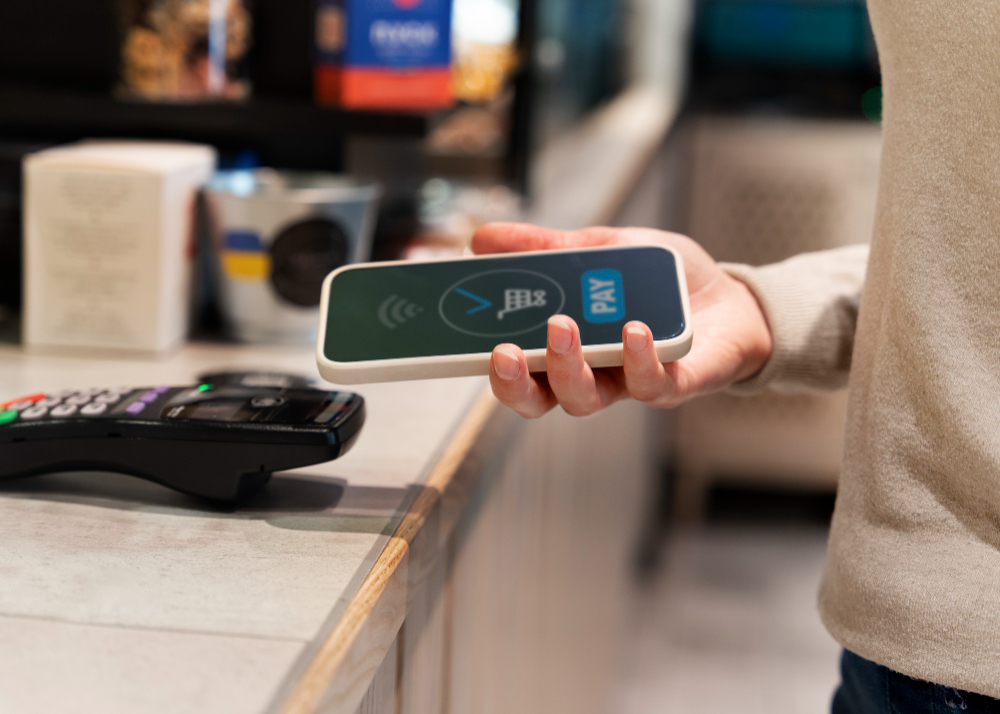Credit card surcharging has become a hot topic for merchants in recent years as they try to mitigate the impact of rising interchange costs. These costs refer to the fees that credit card companies charge merchants every time they process a card transaction, and they can add up quickly, eating into a merchant’s profits.
One option that Nilon offers to help offset these costs is to charge a surcharge for credit card transactions. Essentially, this means that customers who choose to pay with a credit card will be charged an additional fee to cover the cost of processing the transaction. While this may seem like an unfair burden to place on customers, it’s important to consider the reasons behind it.
One of the main drivers of rising interchange costs is the increasing popularity of rewards credit cards. These cards offer users cash back, points, or other perks for using them, which makes them more attractive to consumers. However, these rewards must be paid for somehow, and that cost is passed on to the merchants in the form of higher interchange fees. By charging a surcharge for credit card transactions, merchants can offset some of these costs and ensure that their profits aren’t eroded by the fees.
Of course, there are some important considerations to keep in mind when deciding whether to implement a surcharge. First and foremost, it’s important to be transparent with customers about the fee and to make sure that it’s clearly communicated before the transaction is completed. Additionally, not all states allow credit card surcharging, so merchants should be aware of the laws in their area before implementing the fee.
Another important consideration is the potential impact on customer satisfaction. While some customers may be willing to pay the extra fee in order to use their credit card, others may be put off and choose to take their business elsewhere. Merchants should carefully consider the potential impact on their customer base before implementing a surcharge.
In the end, credit card surcharging can be a useful tool for merchants looking to offset the impact of rising interchange costs. However, it’s important to approach this strategy carefully and with a full understanding of the potential pros and cons. By working together with Nilon and providing transparency to customers, merchants can find ways to keep costs under control while still providing the convenience and security that customers demand.







